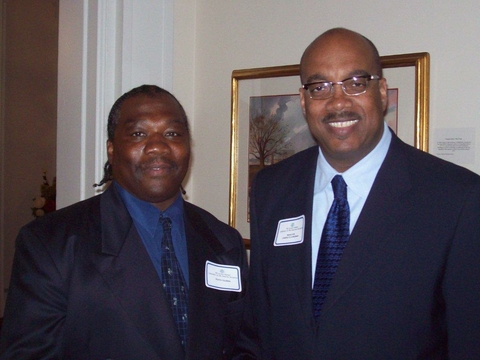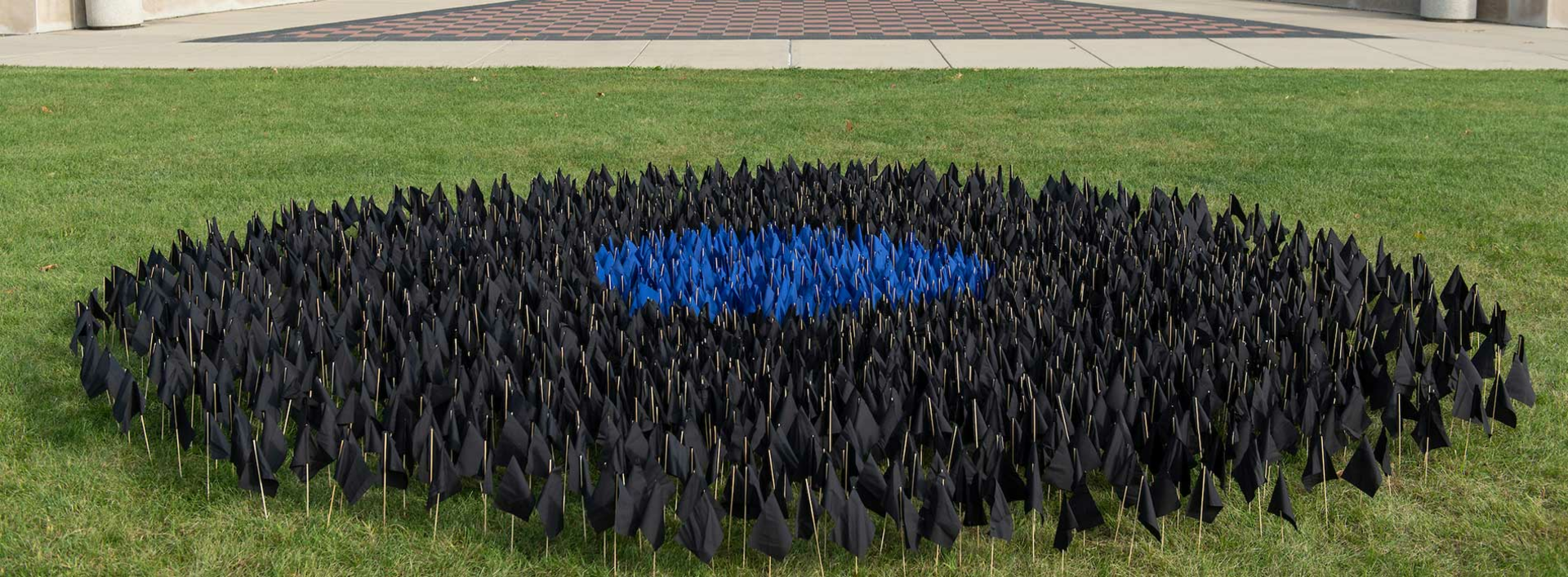
Keith Harris, the very first inmate helped by the Illinois Innocence Project, was wrongfully convicted and spent 22 years in prison despite the lack of physical evidence tying him to the crime, as well as being misidentified by the victim after seven line-ups in which he appeared.
Following Keith’s conviction, two other people confessed to the crime and the investigation resulted in new ballistics evidence that supported his innocence.
In 2003, Keith received a full pardon from then Governor Ryan. Keith’s pardon is a full pardon, based on actual innocence. His criminal record was expunged.

Upon learning that his clemency petition had been granted, Keith said, “I want to first thank God that it is over. I am overtaken with emotion, because we have worked so hard to make this happen. I am grateful to the Governor, the Innocence Project, and everyone who gave me their trust and support.”
According to Bill Clutter, a private investigator who worked on the case and co-founder of the Illinois Innocence Project, the Harris case illustrates the far-reaching problems in the investigation, arrest, trial and appeal of cases in Illinois involving serious crimes — even cases that do not involve the death penalty. Keith Harris’ case particularly illustrates the problem of eyewitness misidentification.

